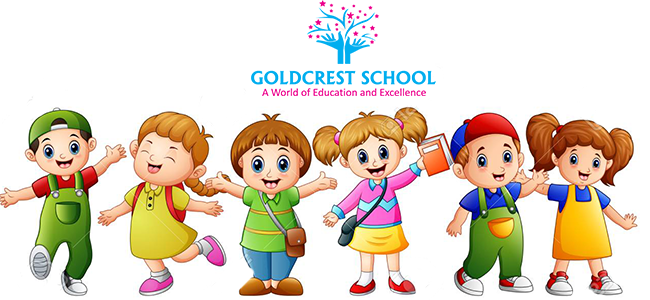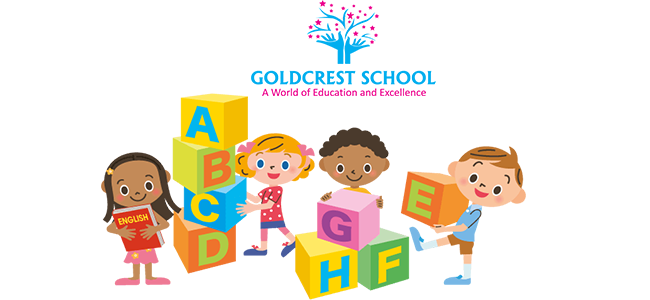
What is Pre-primary Education?
Pre-primary education is an early childhood program where children learn with fun. This program is managed by professionally trained people. Children mostly join for pre-primary education between three and five years, these days two years old kids also attend this program.
What is the importance of Pre-primary Education?
Early childhood is a critical stage of life in terms of a child’s physical, mental, emotional and societal development. Growth of mental and physical abilities improves at an unbelievable rate and a very high proportion of learning takes place from birth to age six. This is the time when children particularly need high quality personal care and learning experiences.
Pre-primary education play crucial role in helping a child to gain some basic knowledge and pick up information that would be useful when he/she starts elementary school. Studies show that pre-primary education support a child’s development and students who have attended pre-schools have a higher graduation rate than those who haven’t attended pre-school.
When should your child start Pre-primary Education?
A lot of pre-schools start to accept children when they are only two and a half years old, while other preschools admit children after celebrating third or fourth birthday. Most of the children join for pre-primary education at the age of four, but it all depends on when your child is ready to stay away from you.

Why a child should attend Pre-primary Training?
1. Pre-primary education is an opportunity for growth:
For many kids, preschool is the first experience of school in a structured manner with teachers and groups of children. It’s good opportunity to learn to share, follow instructions, and begin the foundation for learning that will occur in elementary school.
2. Pre-primary education prepares children for primary education:
Primary education became more academic, many parents look to pre-school to introduce their child on the path to success in school. At the same time, parents think that the current trend to focus on pre-math and pre-literacy skills in pre-school play important role and encourage a child to grow up too fast.
3. Pre- primary education is for social and emotional development:
Young children learn social skills and emotional self-control in real time. But 3-4 year old children learn through their experiences and good teachers take time to teach children to manage frustrations or anger. They don’t automatically step in to resolve children’s conflicts for them; they have a well-honed sense of when to let children work out their own problems and when to take part. Without shaming a child, they encourage her to notice the impact of her aggressive behaviour on another child.
4. Children learn to take care of themselves and others:
Children’s sense of competence and self-esteem grow as they learn to take care of themselves and help others. Teachers appeal to a young child’s desire to engage in real work by offering him chances to help out in the classroom, for example, by setting the table at snack time. Children are expected to wash their hands before snack time, keep personal belongings in their bags, and put away toys before moving to a new activity.
Teachers also encourage kids to view themselves as a resource for other children. For example, a teacher might ask a child who’s more competent at pouring water to help a child who is learning.
5. Pre-primary education promotes language and cognitive skills:
Teachers observe, ask questions and listen to children’s ideas during activity time, correct answers are not the goal for them but to nurture their curiosity and motivation them to learn. Teachers use children’s interests and ideas to create activities. Even a simple event – such as a child’s discovery of a rabbit in the outdoor play area — can be turned into an exciting opportunity to learn.
Pre-school age children have active imaginations and learn through make-believe play. Teachers know that the line between reality and fantasy is often not clear to a young child. Sometimes this results in fears of monsters under the bed. But imagination also fuels learning. For example, when a group of children creates a make-believe pet store, they will practice many social and cognitive skills as they assign roles to each child, figure out categories of pet supplies and how to organize them, make signs to label products; help their “customers” select the right shampoo or cat toy; and take “money” for merchandize.
To summarize, children continue to grow and change in amazing ways as they move from pre-school age to school-age so providing pre-primary education at the right time will be a good choice.
